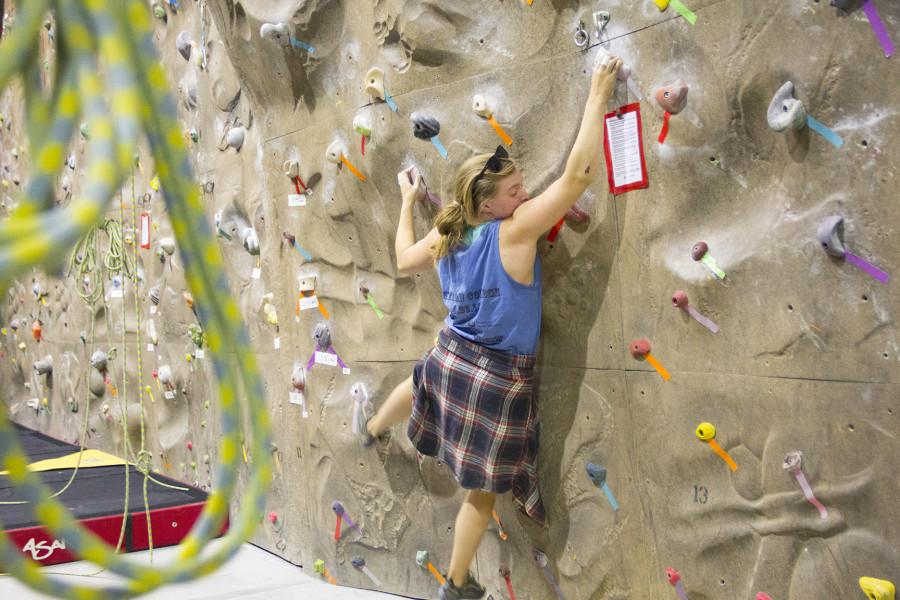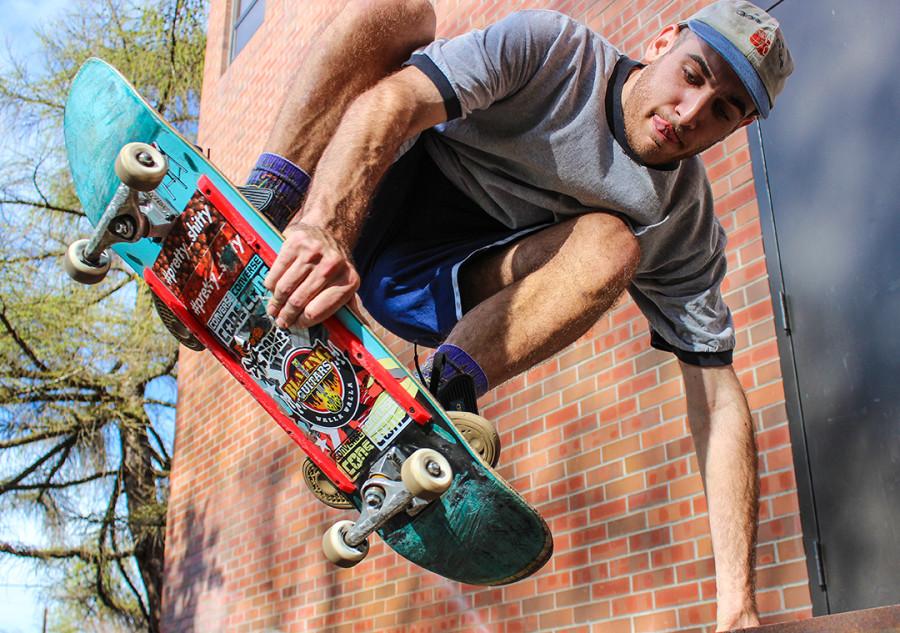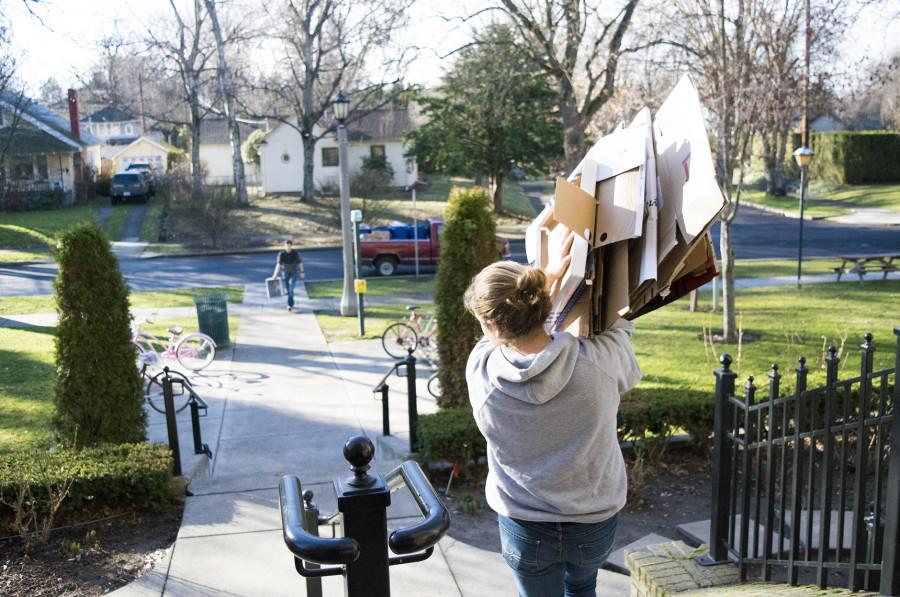Ropes swing, a Ferris wheel turns, horses gallop and music plays at the Walla Walla Fair and Frontier Days. This event, this year running from Aug. to Sept. 2, is the oldest fair in Washington state beginning in 1863. One of the main events is the rodeo, where a multitude of cowboys gather to compete for a grand cash prize.

The rodeo, an extra attraction within the larger attraction of the fair, began in 1913 as the Wild West Show. Today, the event consists of a three-hour performance of fast-paced events, including calf-wrestling, solo and team roping, women’s barrel racing and bareback and saddle bronc riding. For those willing to stay late, there was also the exciting event of bull-riding. For those who came early, small children participated in mutton-busting, in which said children must stay atop of a mobile sheep.
Although a popular event in the larger Walla Walla community, students at Whitman embrace their collegiate experience in Walla Walla as well by attending the fair and watching the rodeo, becoming more involved in the small-town country culture.
Last year, on the first day of classes at Whitman, senior Emilie Gilbert and her sister began a tradition of going before class to watch roping events beginning at 7 a.m.

“I think it’s a great way for Whitman students to break the bubble and get involved with the community, see what it has to offer,” said Gilbert.
Gilbert is a cross country runner, originally from the Seattle area, and often runs past farms and wheat fields, which was one aspect that sparked her interest in learning more about these places she sees and interacting with people outside of the “Whitman bubble.” Rather than running by as an ignorant city girl, Gilbert took the initiative to embrace her temporary citizenship in Walla Walla.
Gilbert has always loved horses, which is another aspect of the ranch and country lifestyle. Over the summer, she fulfilled one of her dreams to work on a dude ranch, also called a guest ranch, in Colorado. Here, Gilbert was able to learn even more about roping.
“A lot of the guys who worked as wranglers there knew a lot about rodeo,” said Gilbert.
Contrary to what Whitman students may see every day, ranch culture is a large part of many students’ lives on campus. Much like Gilbert, senior Sarah Brown has always loved horses and worked hard to convince her parents that riding was worth her time when she was younger.

“We went to a few dude ranches, where I first rode and was exposed to rodeo. They thought going to these would get it out of my system. It didn’t; it only made me want to be more involved in it,” said Brown.
Ever since, Brown has been involved with a variety of horse and ranch opportunities including working at a summer camp with kids riding horses and learning both Western and English styles of riding on her own horse. The Walla Walla rodeo gave Brown yet another chance to enjoy her passion, attending as a spectator every year she has been at Whitman.
“The events are exciting and fun to watch. There are some pretty talented athletes, both in the people participating and in the animals, which makes it a great experience too,” said Brown. “It’s a fun atmosphere to be in and one that is kind of different around campus, so that’s refreshing.”
Both Gilbert and Brown have grown to see the Walla Walla rodeo as a way to expand their experiences beyond the “bubble.”
Gilbert has grown to see Whitman as more than just a campus you can walk across in 10 minutes, but rather a school with a larger country culture to discover around it.
“It’s surprising how many Whitman students don’t know that [the rodeo] is happening,” said Gilbert.
The visible advertising is off campus, displayed on light posts downtown. But if students don’t go outside the “bubble,” stuck in a rut of homework and the chaos of opening week, they are left unaware of the larger community.
“I think it’s something everybody should see … the atmosphere around it embraces America,” said Gilbert.
















